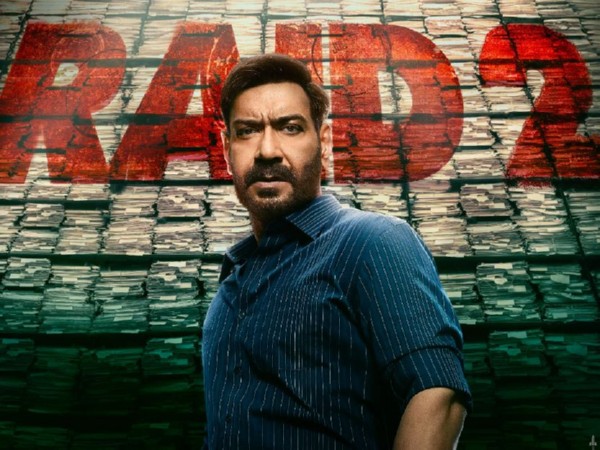Chinese men seen in military uniform at Sri Lankan dredging site continues to evoke furore
Jul 04, 2021

Beijing [China], July 4 : As China moves ahead to take control of Sri Lankan infrastructure, the alleged deployment of Chinese military personnel in Hambantota continues to evoke furore and concerns.
According to True Ceylon, several Chinese men were spotted recently engaged in dredging an ancient tank in the Hambantota District, wearing a military uniform similar to the Chinese military wear. As per Sri Lankan law, wearing or even being in possession of a military uniform when not serving in the military is a punishable offence.
Field Marshal Sarath Fonseka, a war veteran and former Army Commander and MP, openly alleged that the Chinese military personnel were operating at the site. "Many in the present government have links with wealthy businessmen in China, therefore, it is clear how decisions are made," he said.
In the recent developments, the Chinese stationed in Sri Lanka have come under the hammer over the activities they have been engaged in after the successful takeover of the Colombo Port City project on a 99-year-old lease with a powerful governing power in their favour.
In regard to the Chinese personnel seen dredging a tank, they were clad in Chinese military uniforms, which is against the law. As usual, the Chinese embassy dismissed the allegations and cited it was common to wear such clothing.
Even in Pakistan, China has deployed many 'companies' to safeguard their China-Pakistan Economic Corridor (CPEC) and it should not surprise Sri Lankans if Beijing deploys its military as civilians to protest 'their' port in Hambantota and Colombo, according to True Ceylon.
The opposition party had questioned the presence of foreigners in clothing similar to the Chinese military uniform. There was considerable evidence that the uniform did indeed belonged to the Chinese military.
Furthermore, the dredging had commenced without the permit obtained from Sri Lanka's Department of Archeology. The practice was called out to halt as soon as the footage aired, as the country is sensitive in preserving ancient ruins.
Cabinet spokesman Minister Keheliya Rambukwella dismissed concerns of possible Chinese military presence in Sri Lanka, claiming on June 29 that the outfits worn by the Chinese workers were similar to overalls worn by Sri Lankan workers at local automobile workshops.
At the weekly cabinet press briefing on Tuesday, Minister Rambukwella further said that if the archaeology act has been violated, there are laws that Sri Lanka can resort to. "We strongly reject that we were silent and cowardly about the incident," he told reporters.
Meanwhile, True Ceylon reported that people spotted a sea cucumber farm run by the Chinese in Kilinochchi. The farm had been in operation since 2017 during the previous government, according to Fisheries minister Douglas Devananda.
It is also speculated that there was no permit issued to run such a farm in the northern part of the country. A probe is currently underway on how the farm came to exist.
Before these developments, there was a huge outcry over China having sold the Sinopharm COVID-19 vaccine to Bangladesh last month at USD 10 per jab while it was USD 15 for Sri Lanka. Several local politicians also attacked China on social media and demanded a reduction in the price of the vaccine.
China's increasing control over high-profile Sri Lankan infrastructure projects has renewed fears that the country may soon become a Chinese colony.
This comes after the China Harbor Engineering Company (CHEC) won a new development project last month for a 17-km elevated highway in Colombo.
Amid criticism from opposition parties, Sri Lanka unveiled a contentious draft law for a Colombo Port City Commission which allows for sweeping tax breaks, tax-free salaries and be an offshore financial centre.
The USD 1.4-billion Colombo Port City project is slated to be the single largest private sector development in Sri Lanka. There have been concerns about Beijing seeking to increase its footprint in the country through contentious infrastructure projects.
This comes at a time when Sri Lanka's tax revenues have plunged in 2020, raising concerns over debt and the fiscal path, credit downgrades and the ability of the government to provide vital public services to the people, while managing loss-making state enterprises.




















